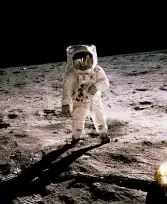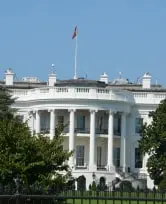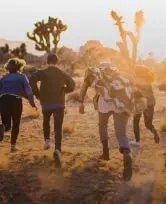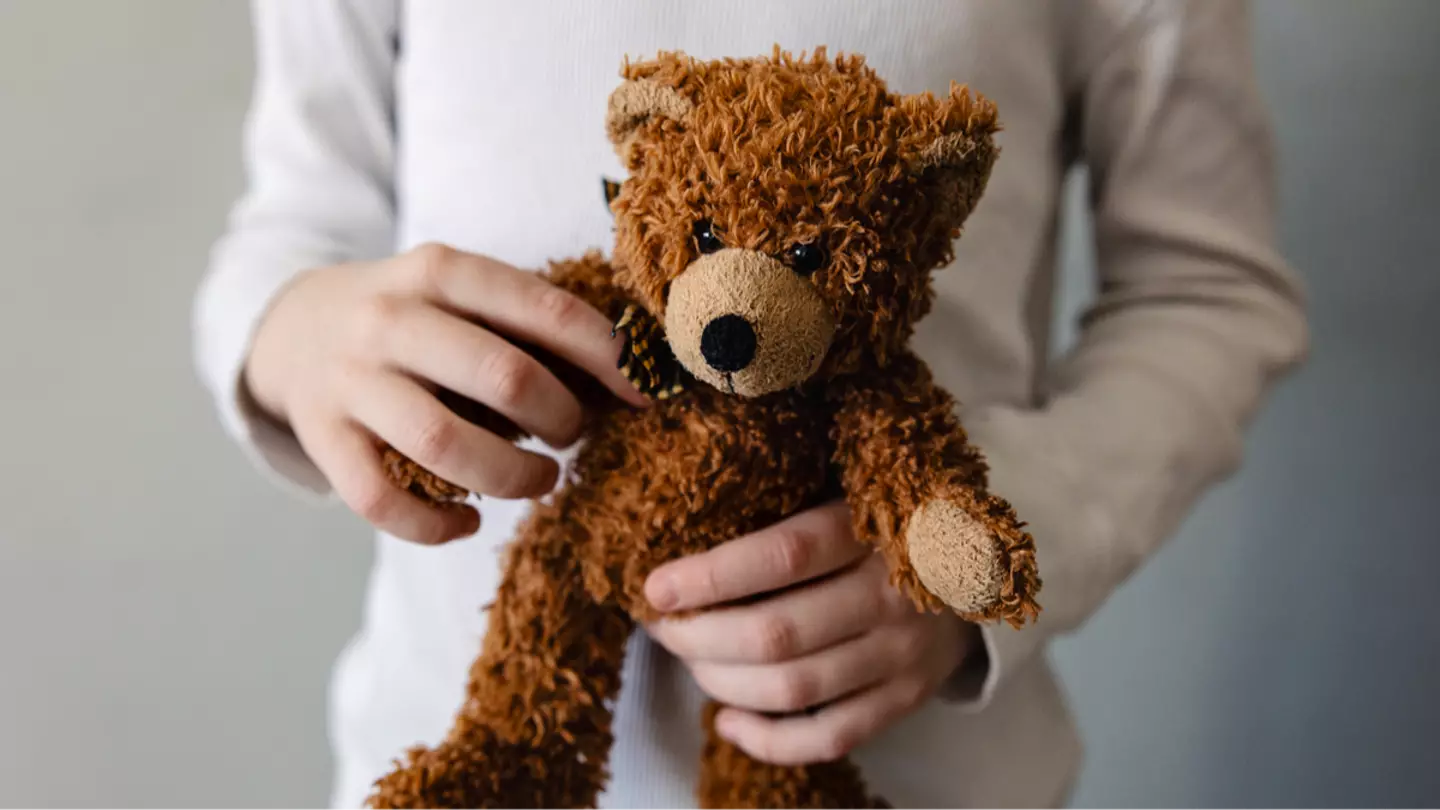
23 Dec 2025

17 Dec 2025

Hercules the bear was quite the star in the 1980s
13 Dec 2025
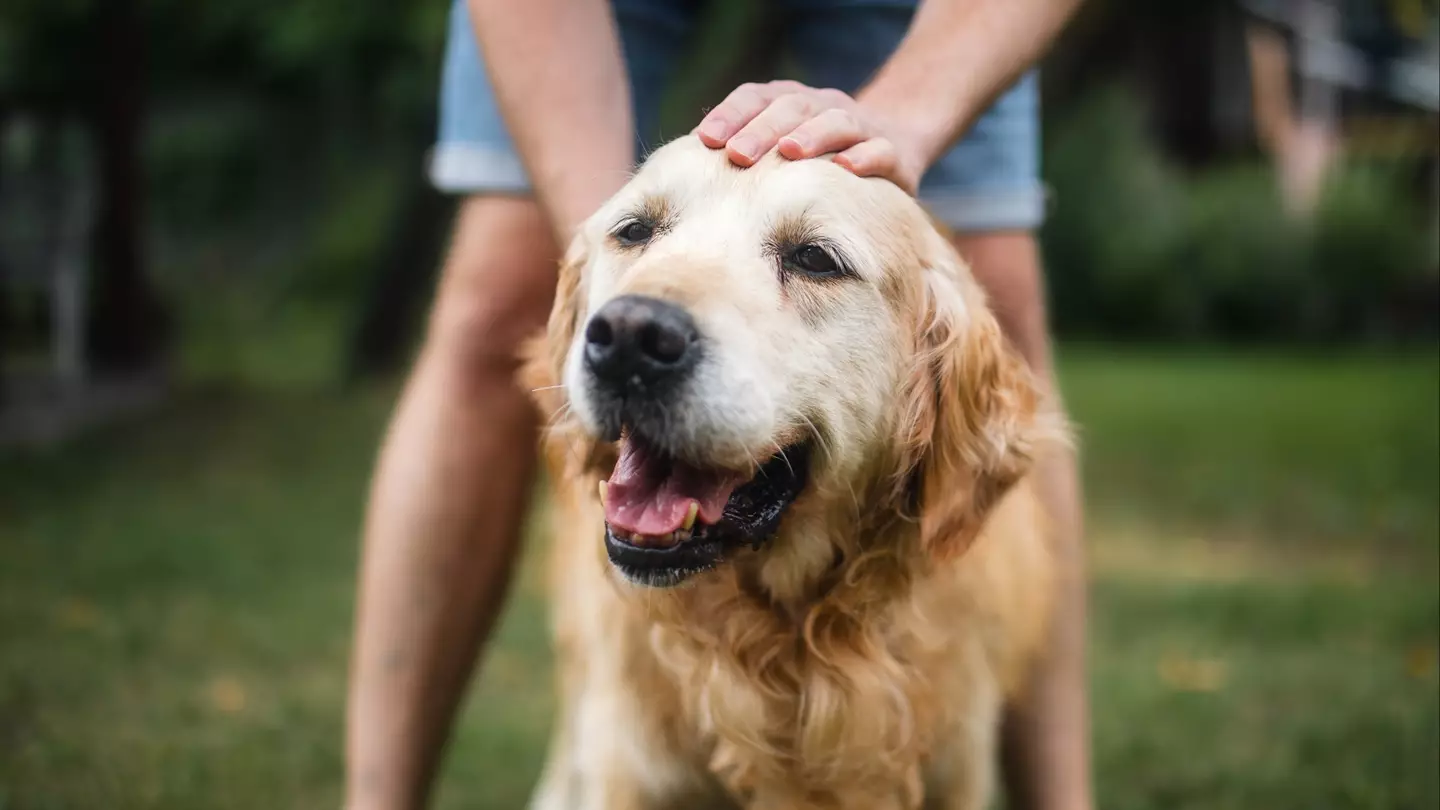
Smoking weed around your dog could have a serious impact on their health, and even cause life-threatening seizures
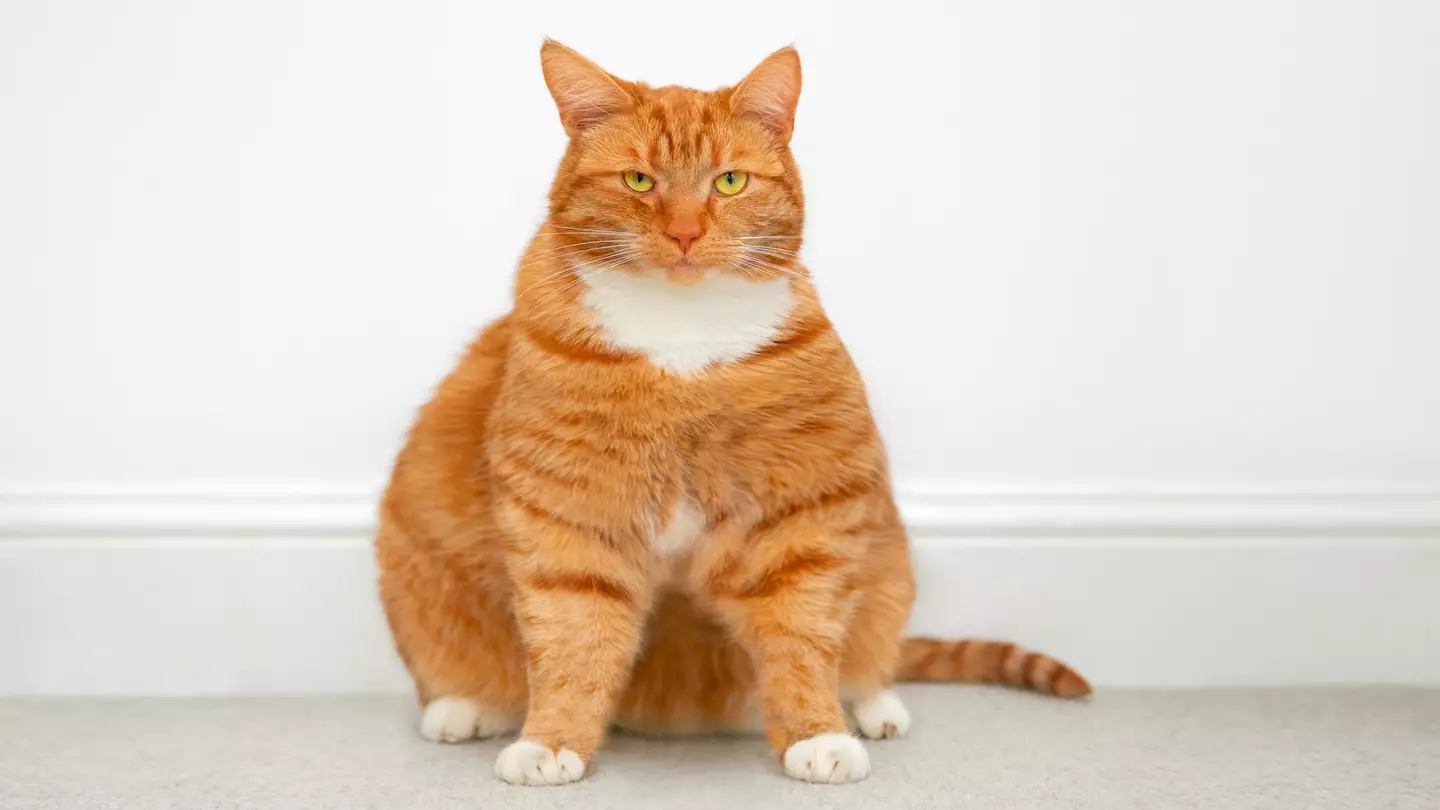
Fat cats and chunky kittens might be a thing of the past as a revolutionary new weight-loss drug for pets enters its trial phase
08 Dec 2025
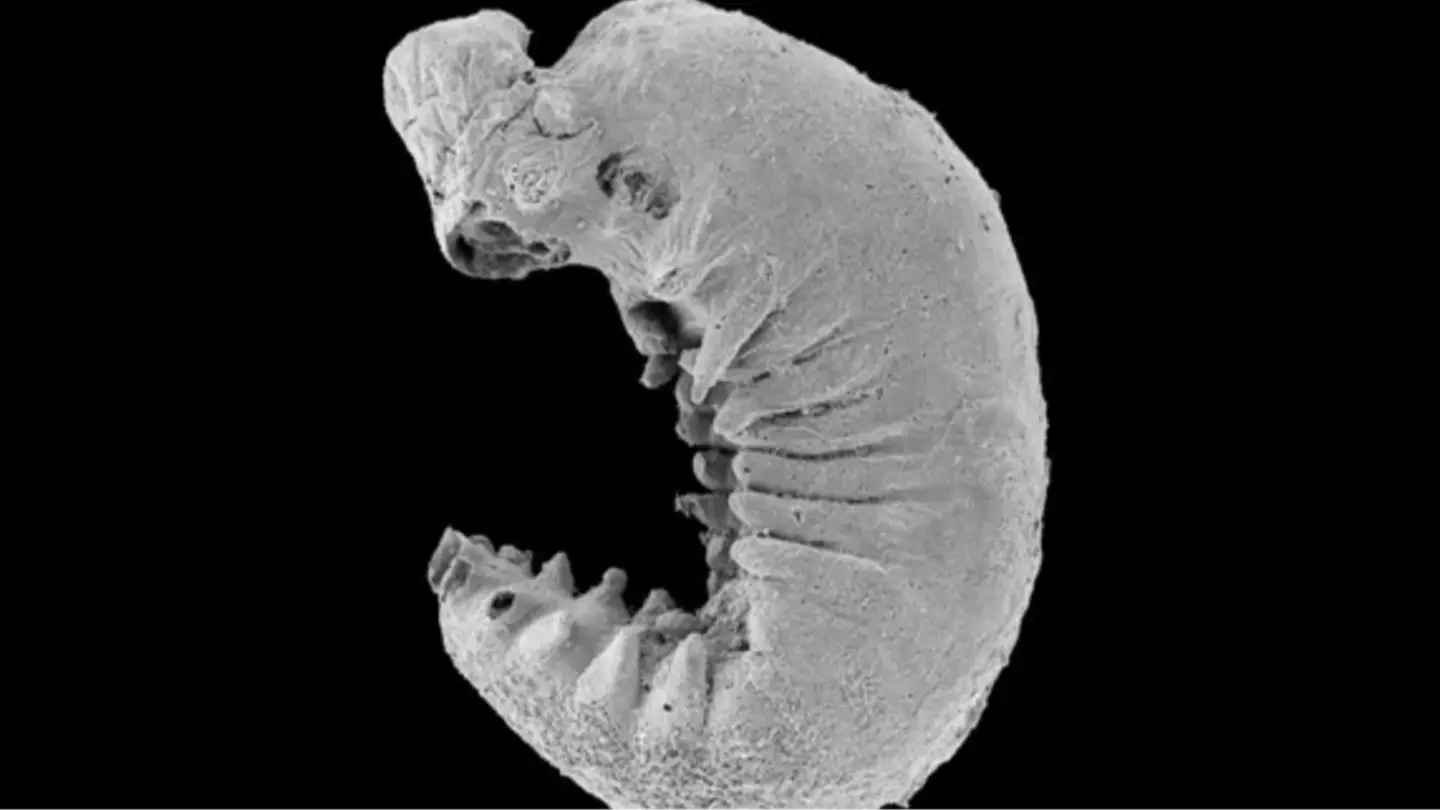
There was one thing about the fossil which left scientists astonished
28 Nov 2025
.jpg)
The vet has explained all after a viral simulation broke the internet
24 Nov 2025
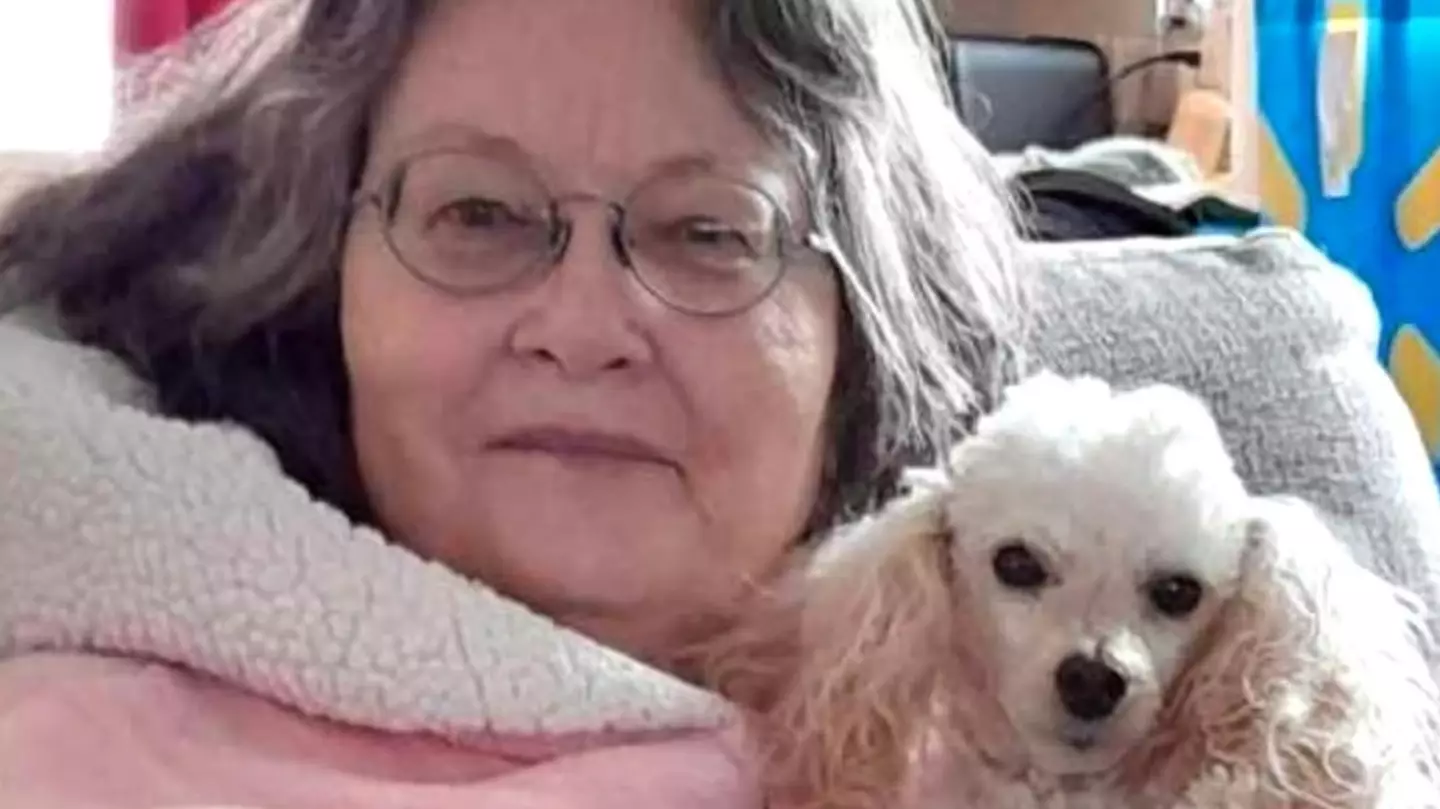
Susan Denker says she would have died if it wasn't for her pooch Lily
23 Nov 2025
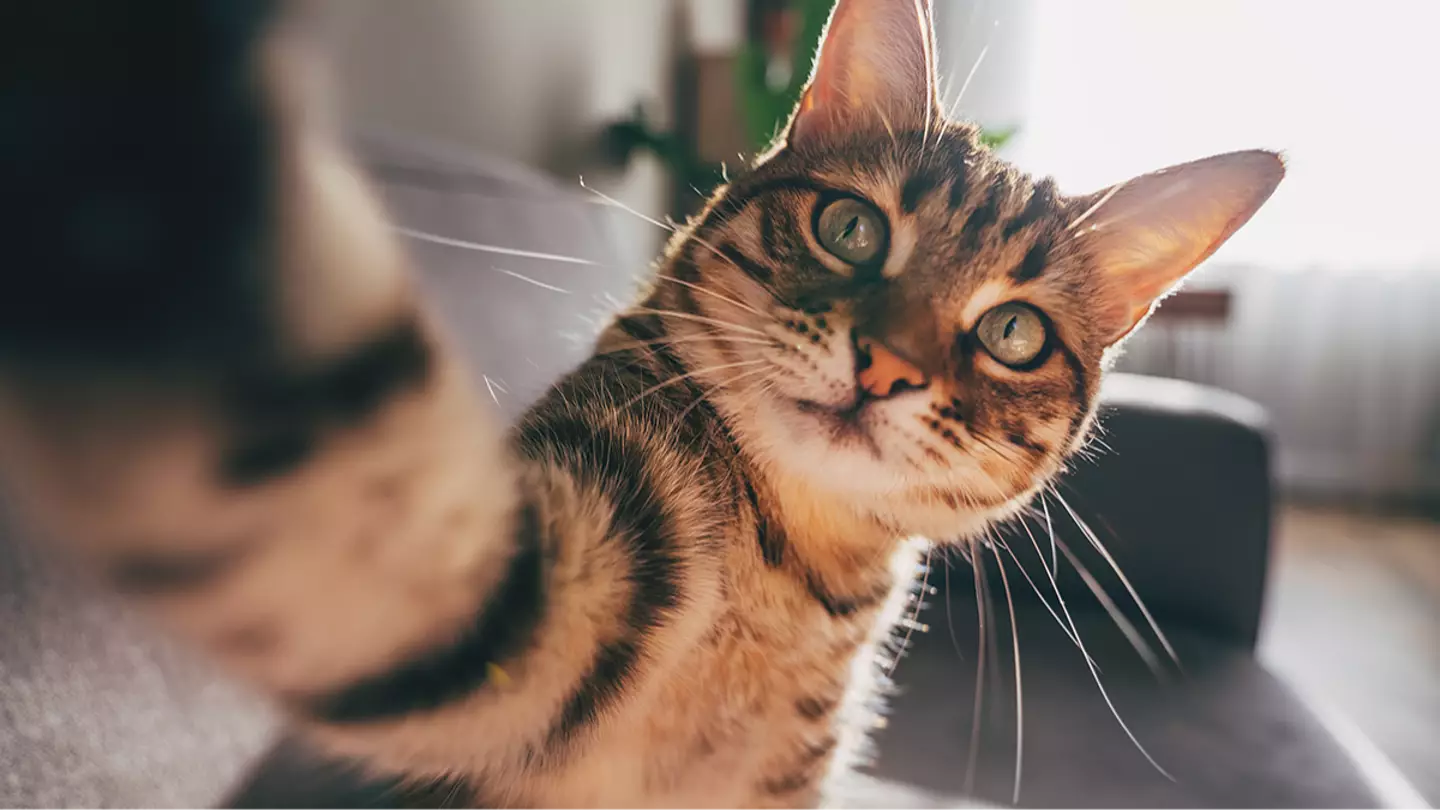
Have you ever wondered how cats see the world?
19 Nov 2025
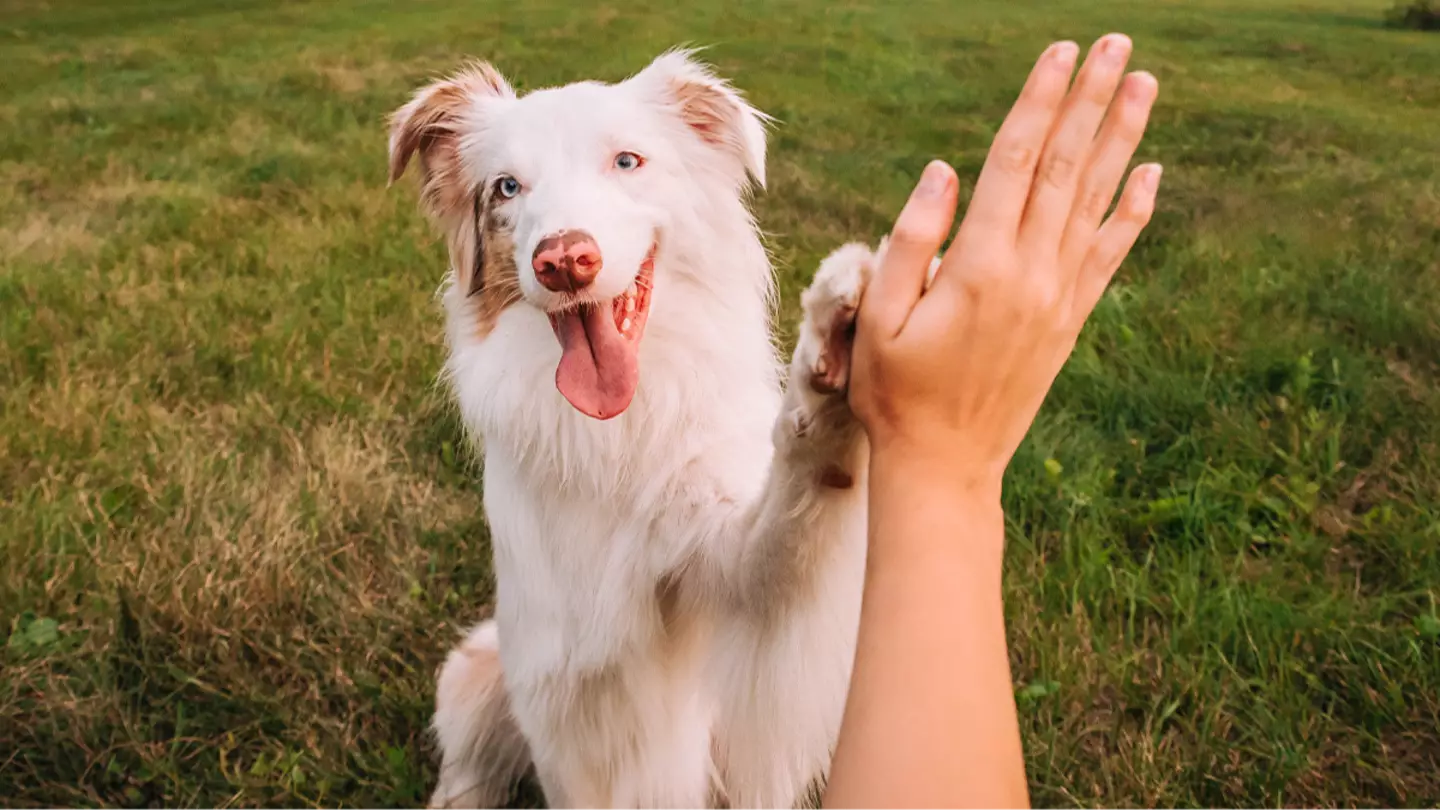
Don't tell me you haven't wondered what your beloved pooch sees when they look at you, other than 'treat dispenser'
16 Nov 2025
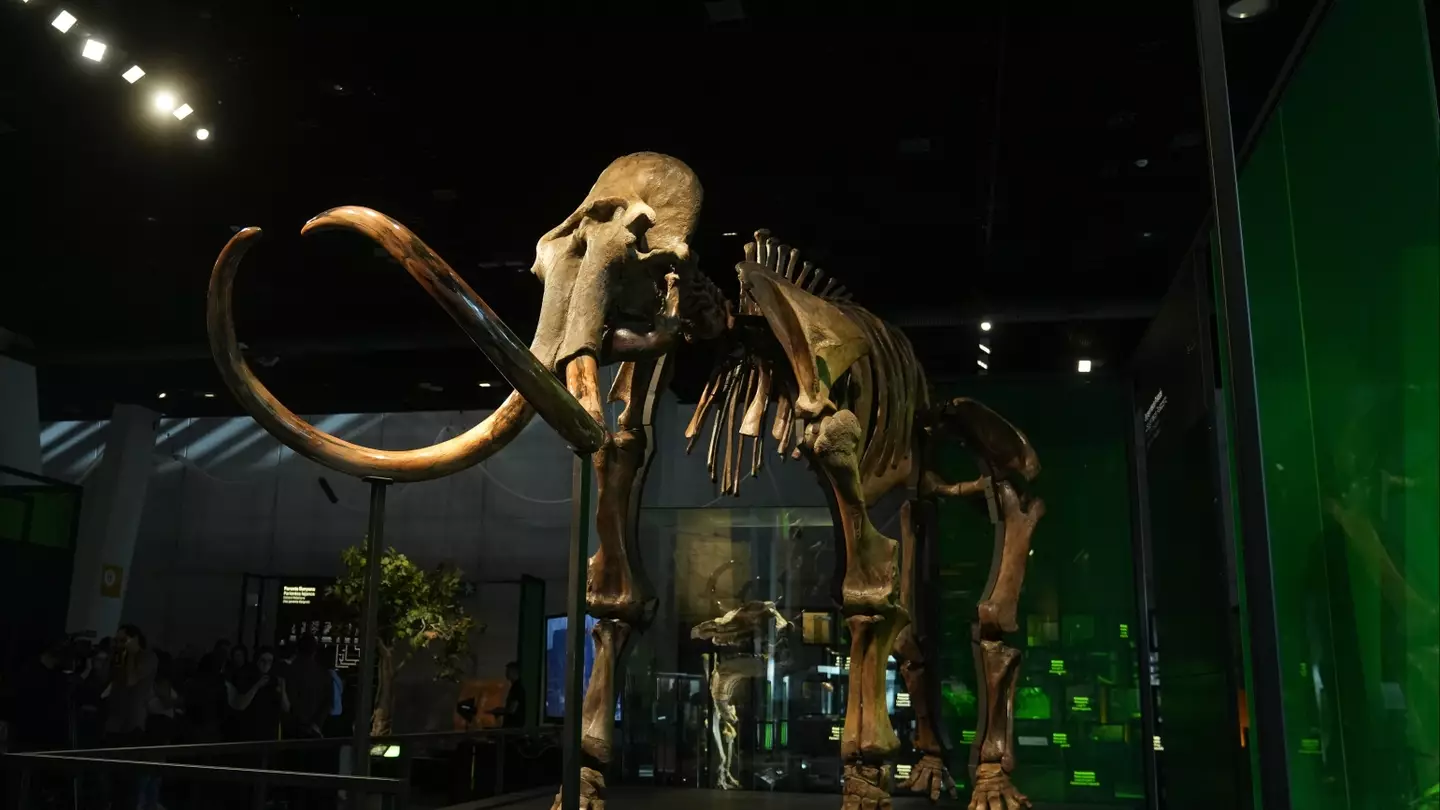
The technology may be there, but there are still some other things to think about
03 Nov 2025

Bart Pieciul had been snowboarding when he was attacked by the brown bear
31 Oct 2025
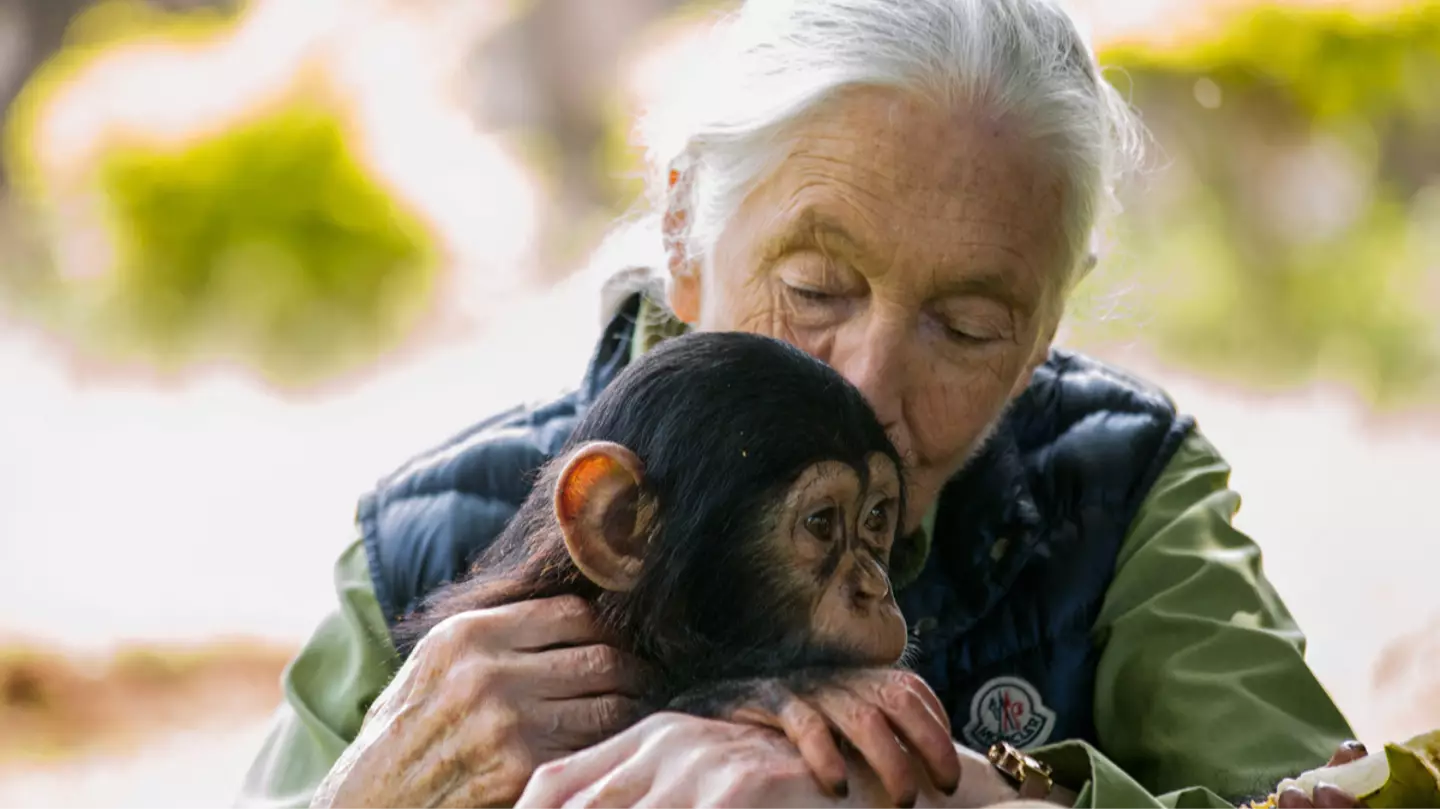
Chimpanzees just proved they might think more like us than we imagined
30 Oct 2025
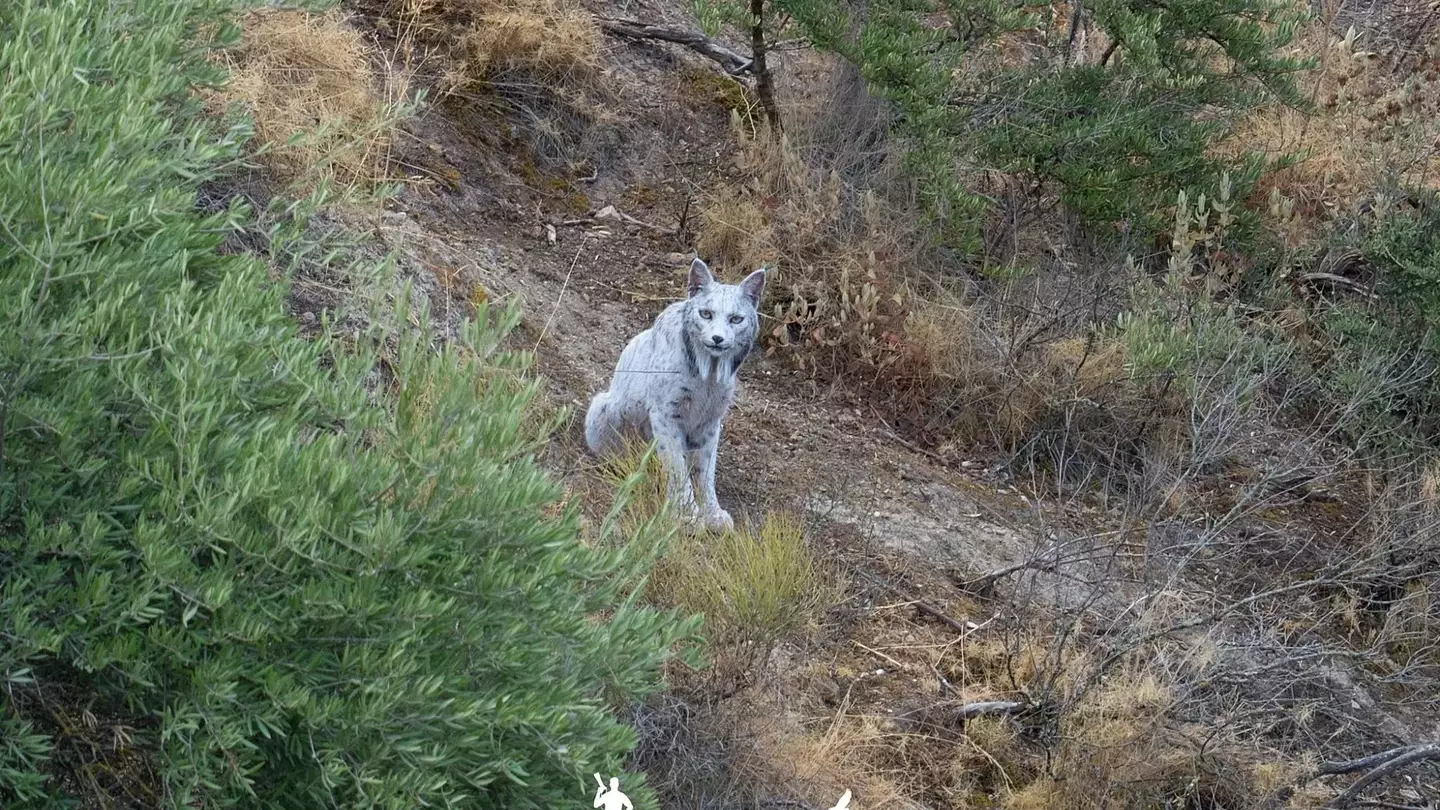
The beautiful beast was captured sitting in the sun before appearing to look directly at the camera
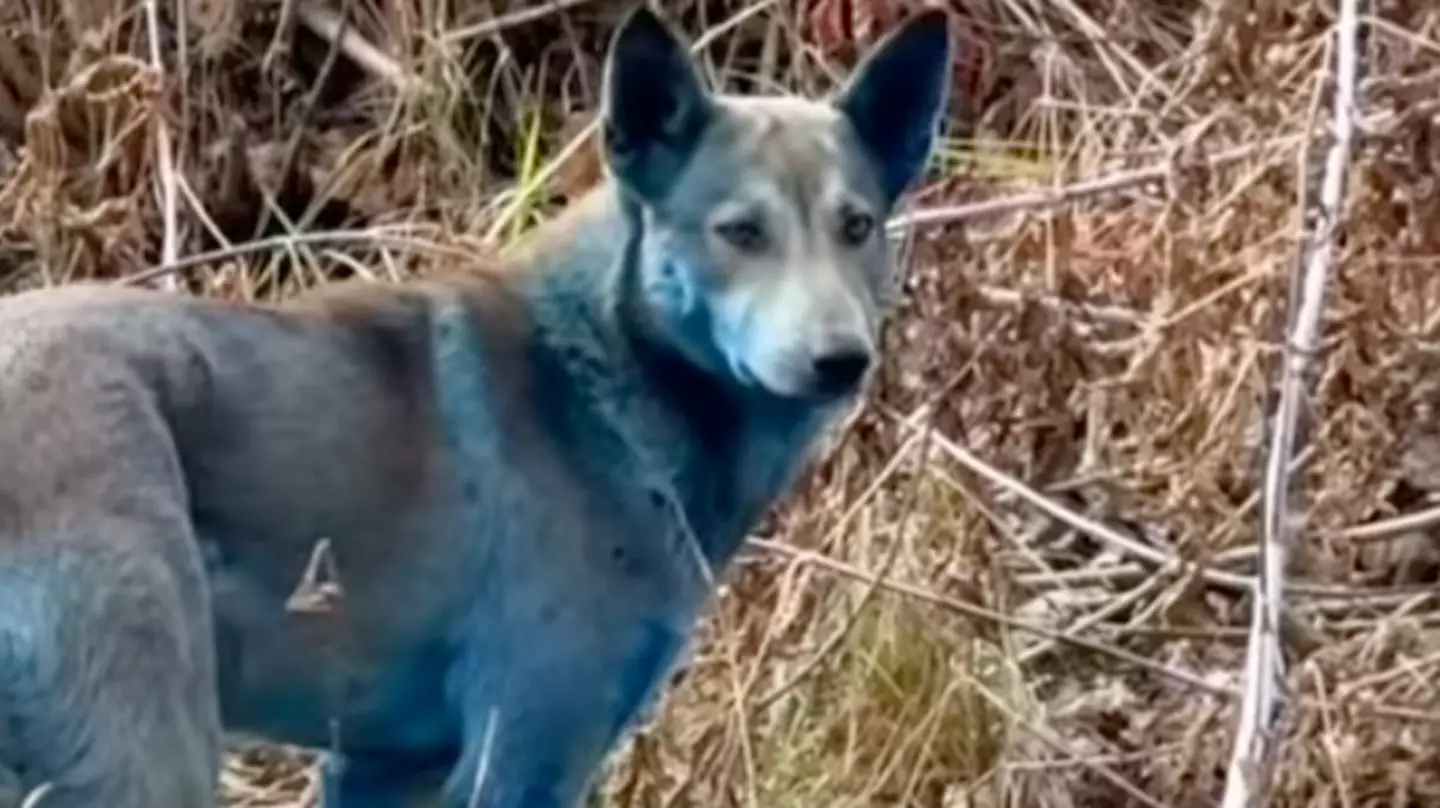
Almost 40 years on since the Chernobyl nuclear disaster, the radioactive exclusion zone has hit headlines with sightings of blue dogs
29 Oct 2025
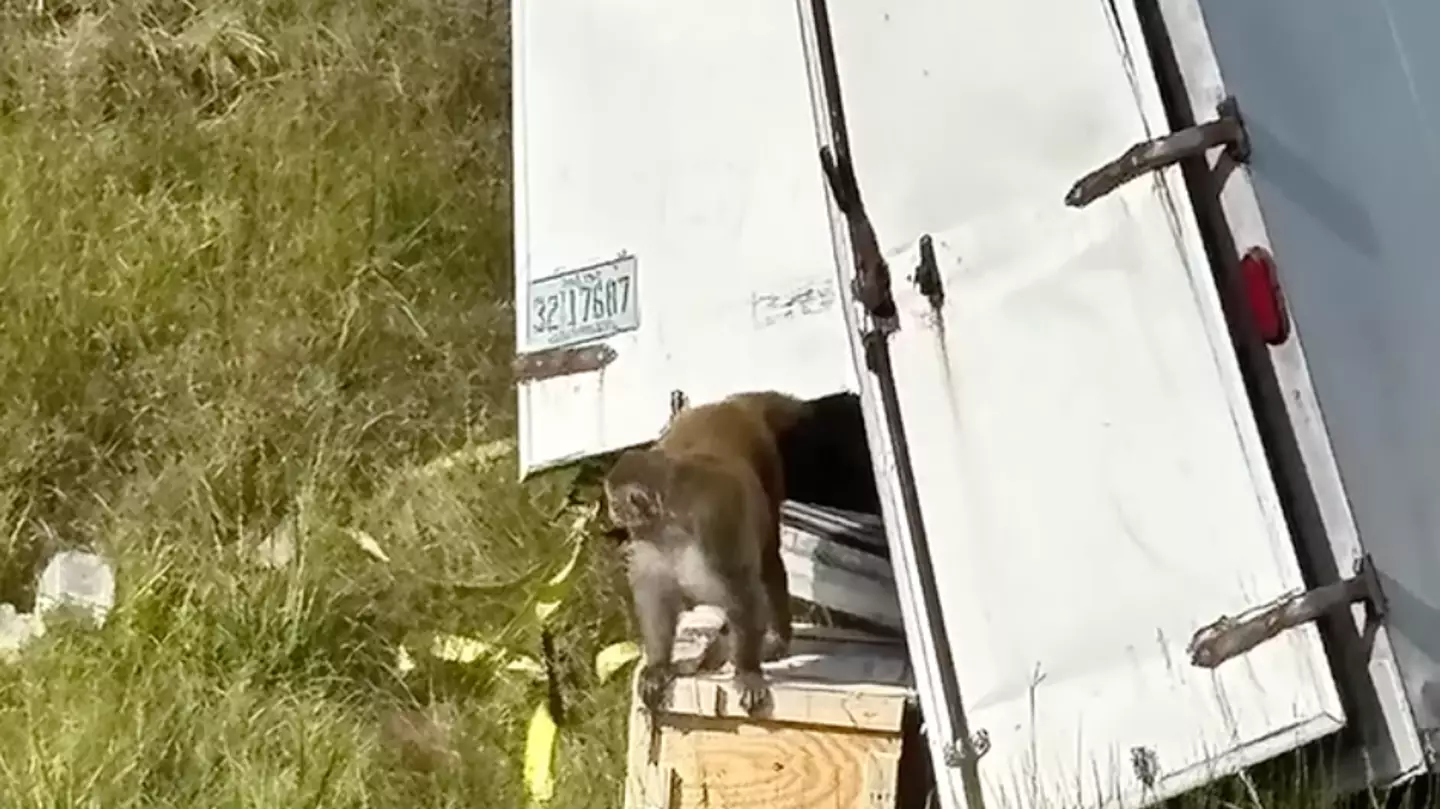
Tulane University has reassured members of the public after the monkeys were described as a 'threat to humans'
05 Oct 2025
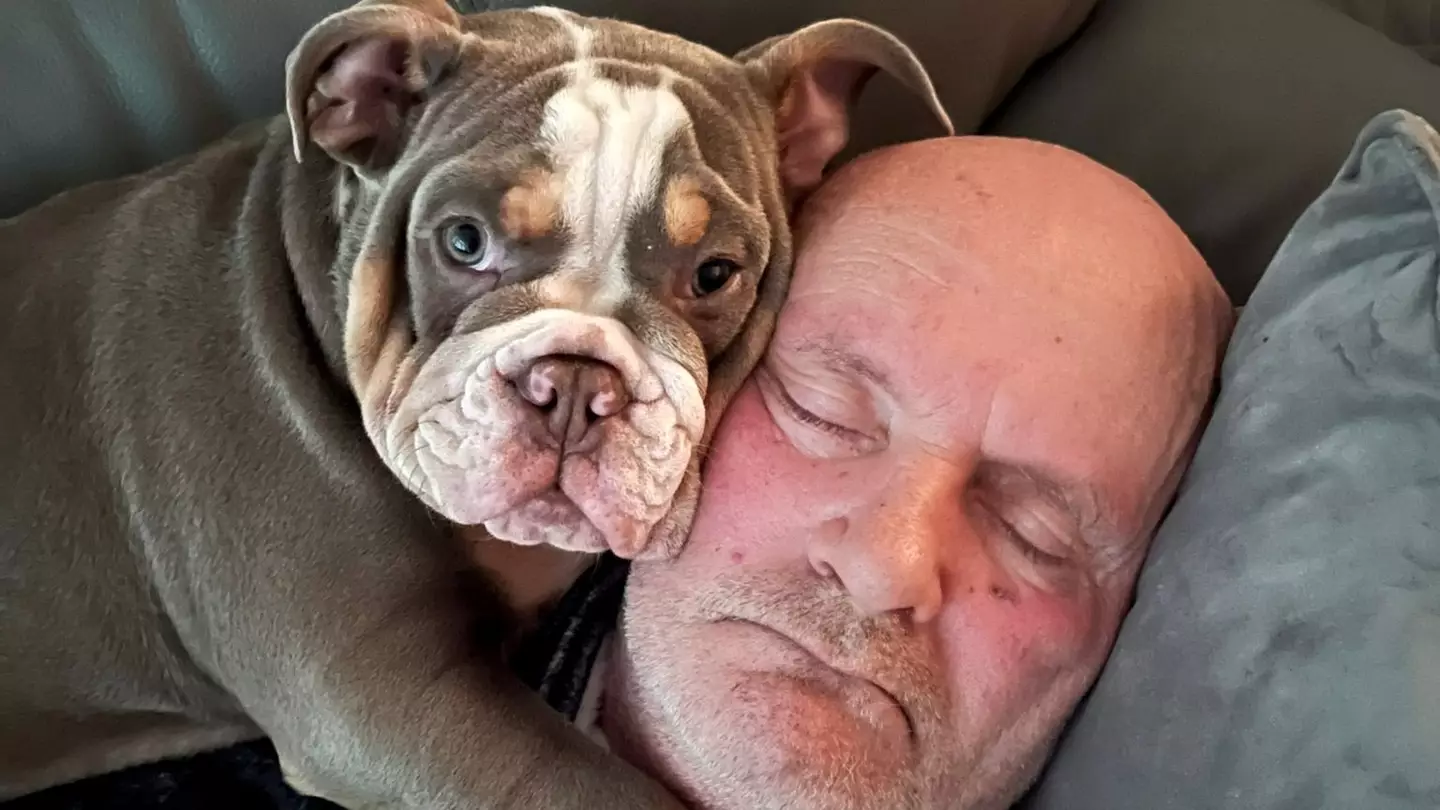
Dog owner David assured he wasn't going to get rid of the puppy after the incident
24 Sept 2025
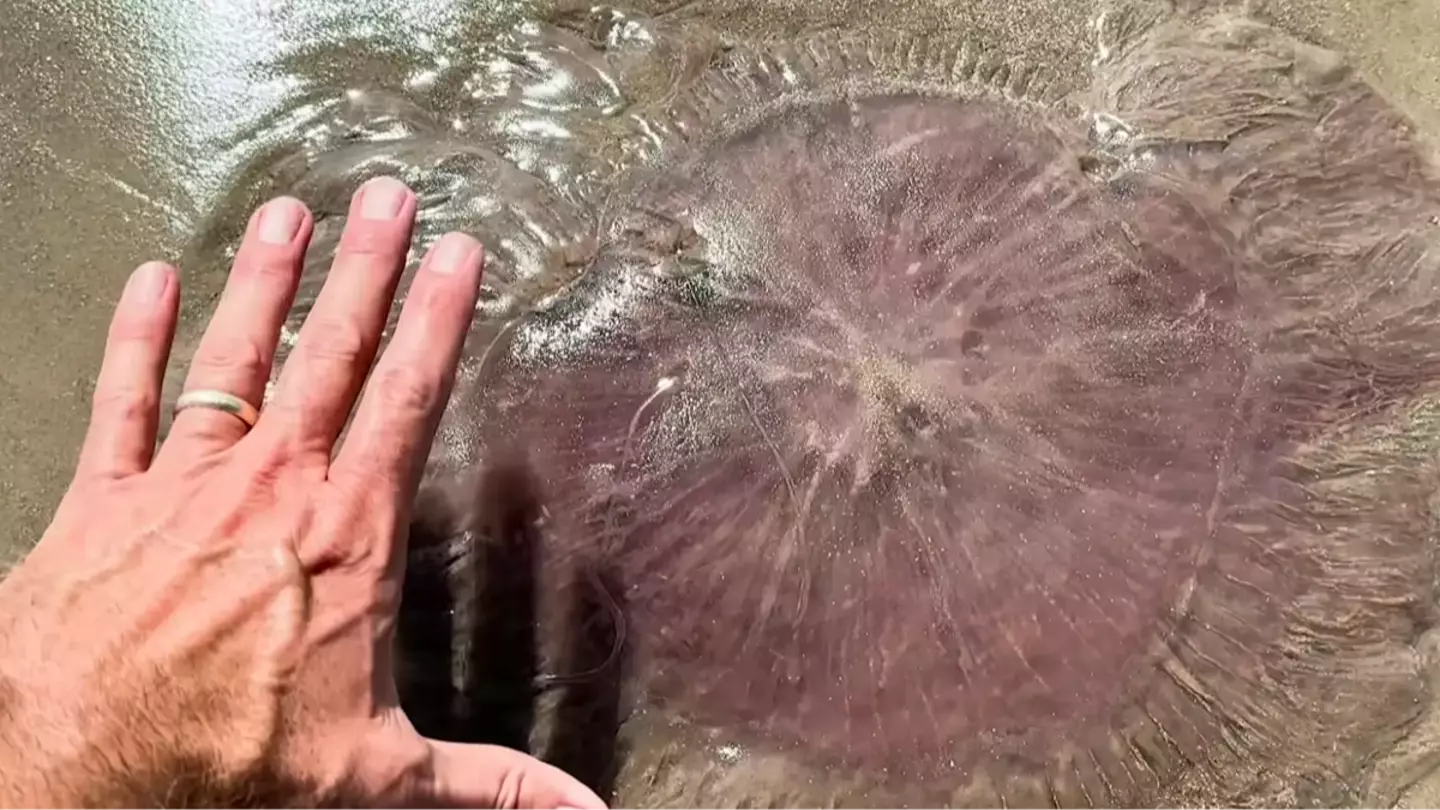
Jace Tunnell explained that the 'pink meanies' are not the kind of jellyfish you'd want to eat... despite their candyfloss-like appearance
19 Sept 2025

Annabelle Carlson said her hands 'were pretty mangled'
04 Sept 2025
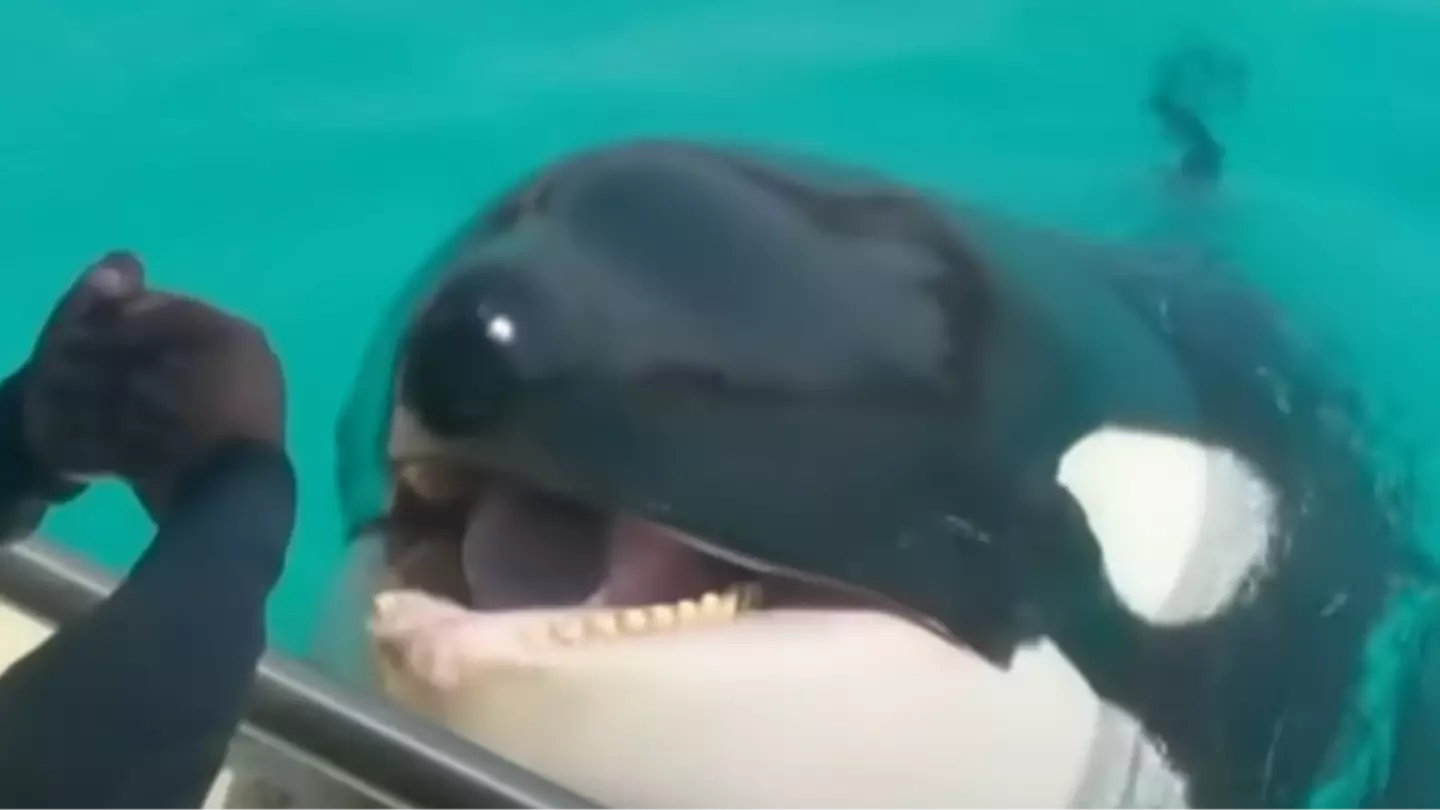
The clip of orcas imitating human speech went viral some seven years ago
20 Aug 2025
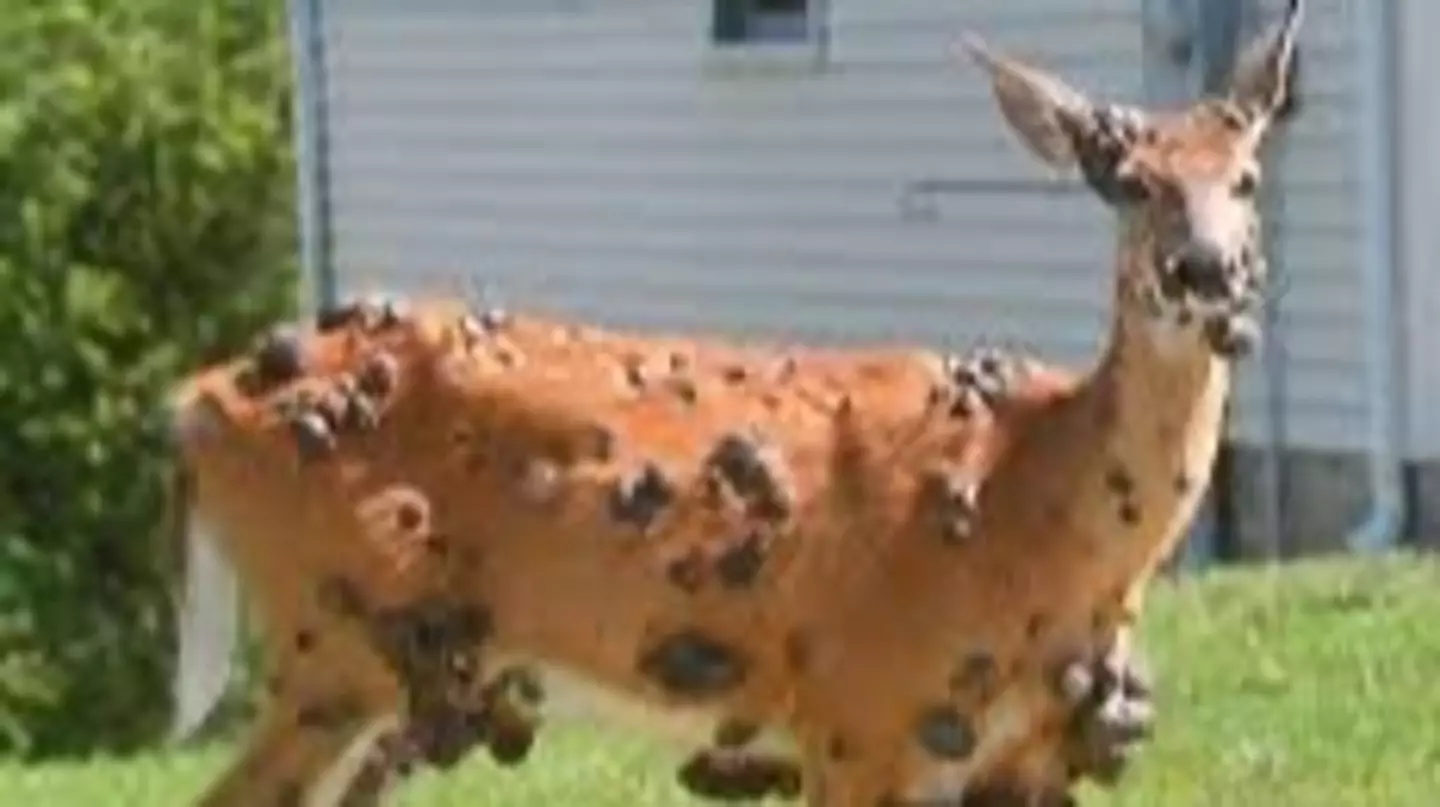
What ever next? Crows with three eyes?
19 Aug 2025
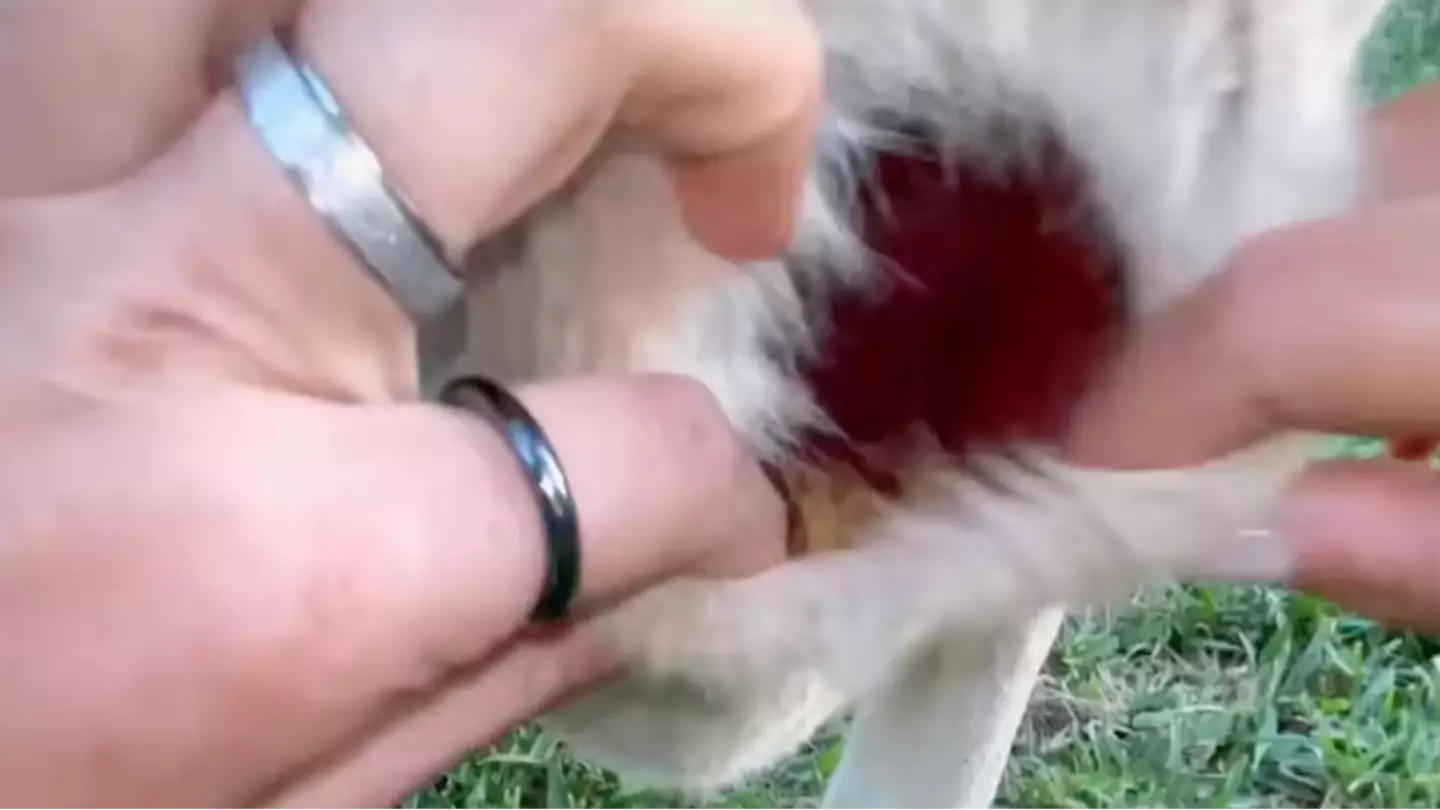
It's not a pouch you'd like to crawl into
18 Aug 2025
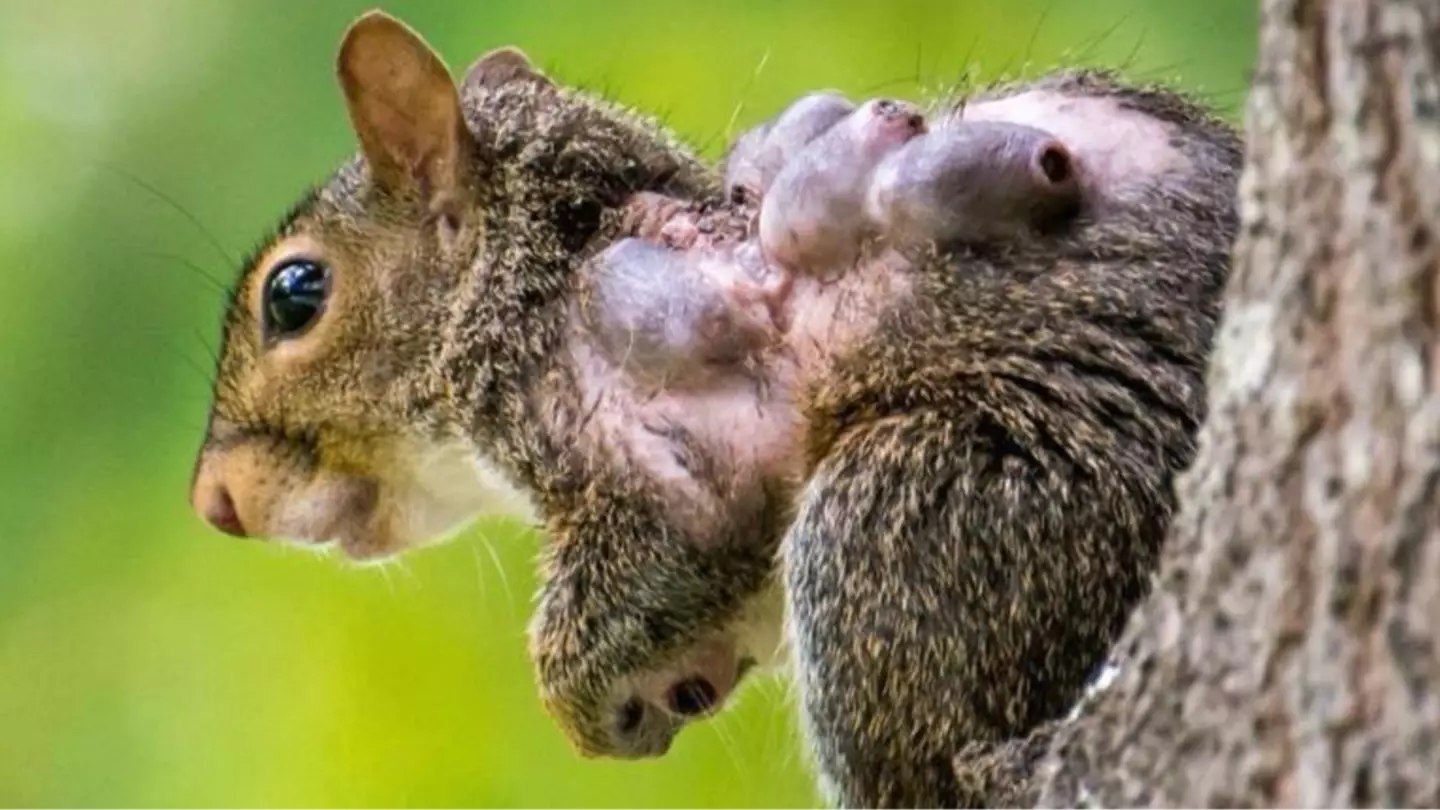
The rescue center in Virginia regularly sends out warnings as squirrels are seen collecting food
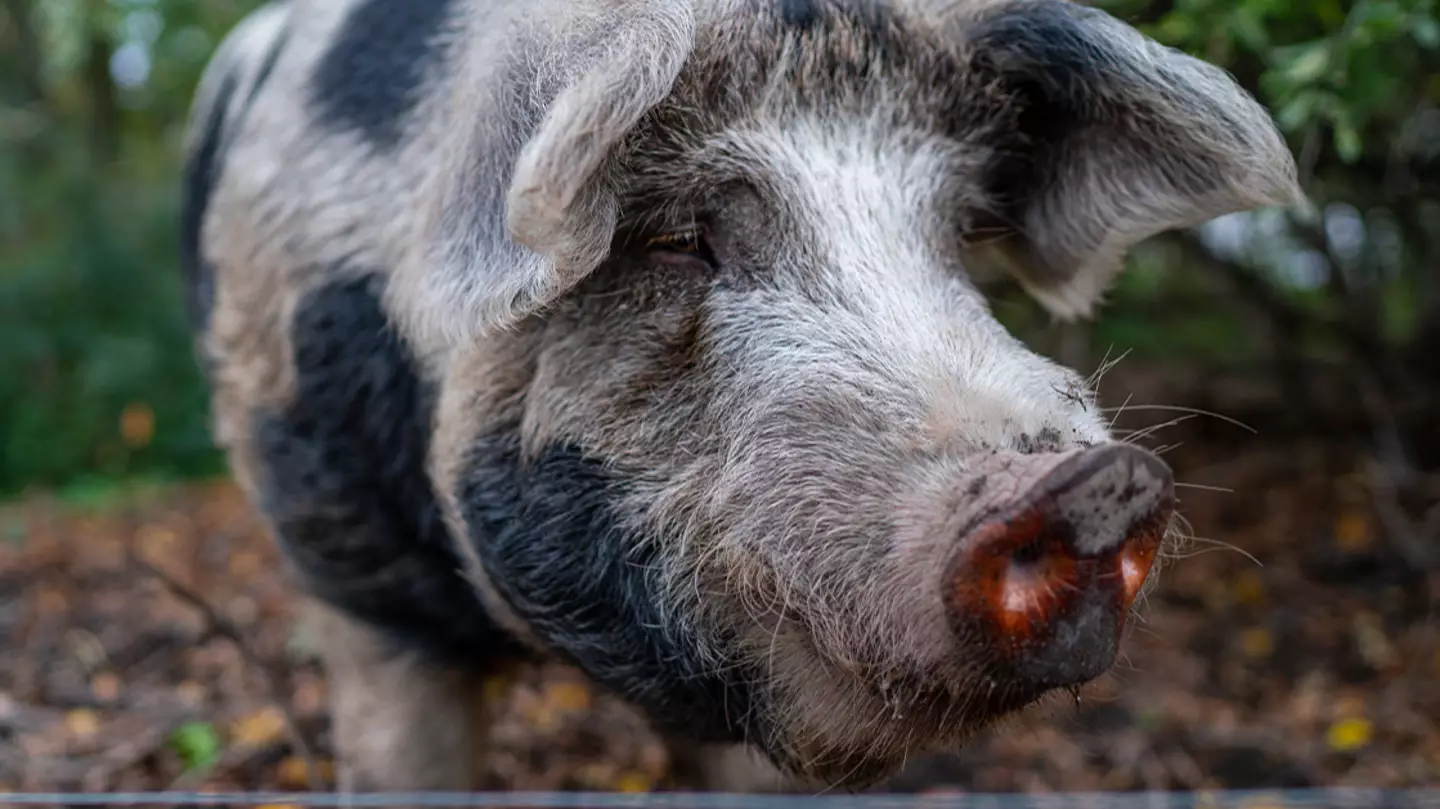
Hunters have been left befuddled after discovering the strange phenomena
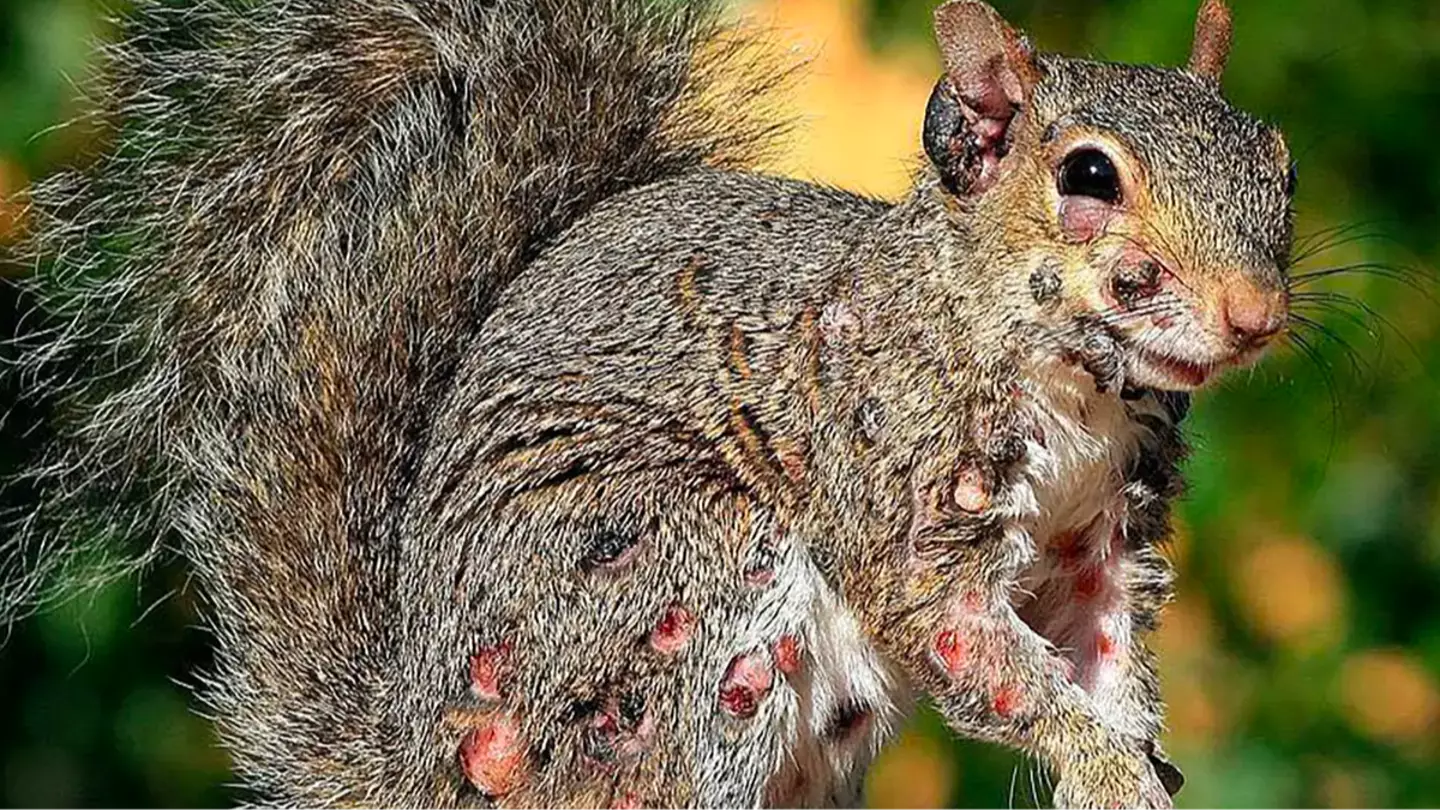
Reddit users have taken to the platform to share concerns over squirrels with unusual growths



